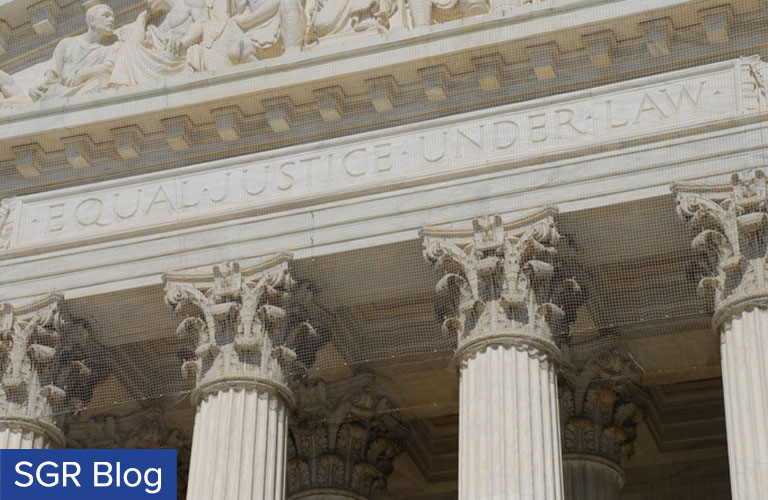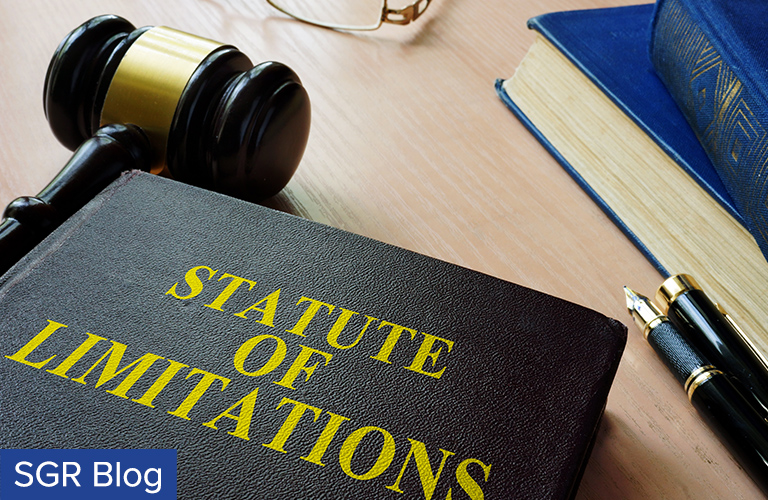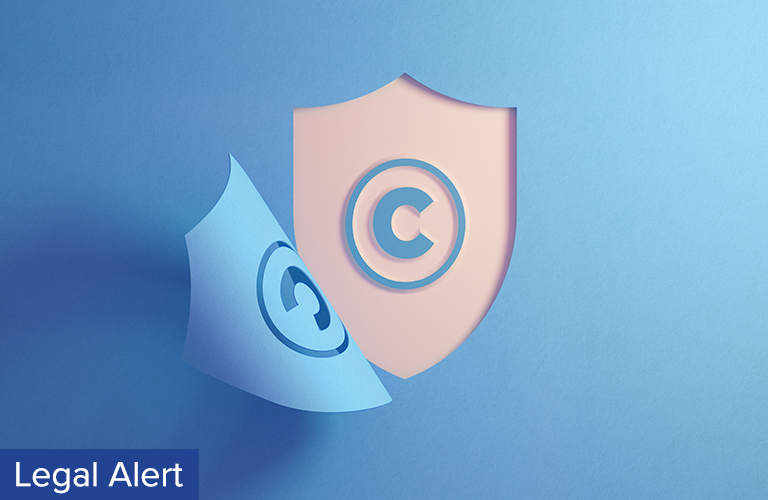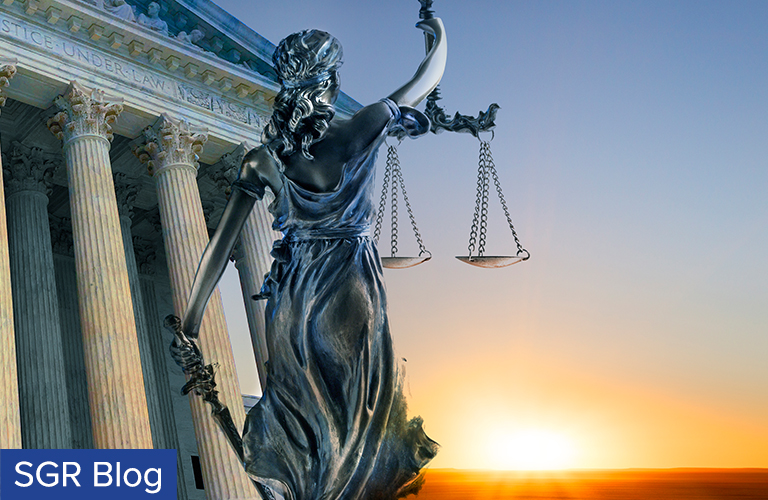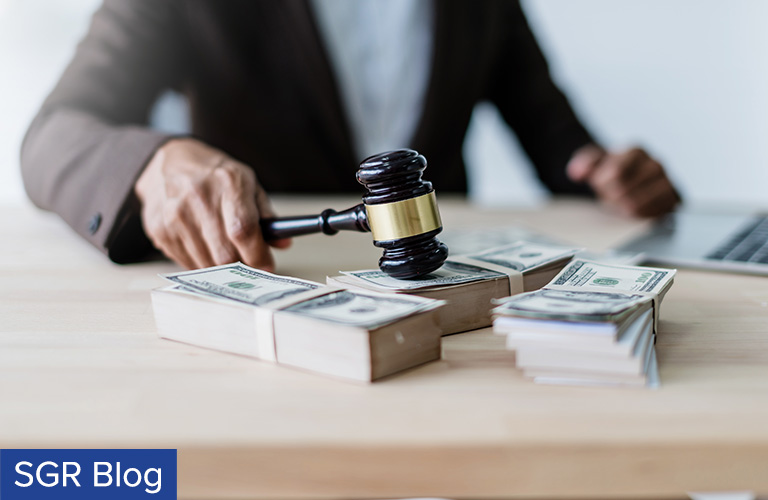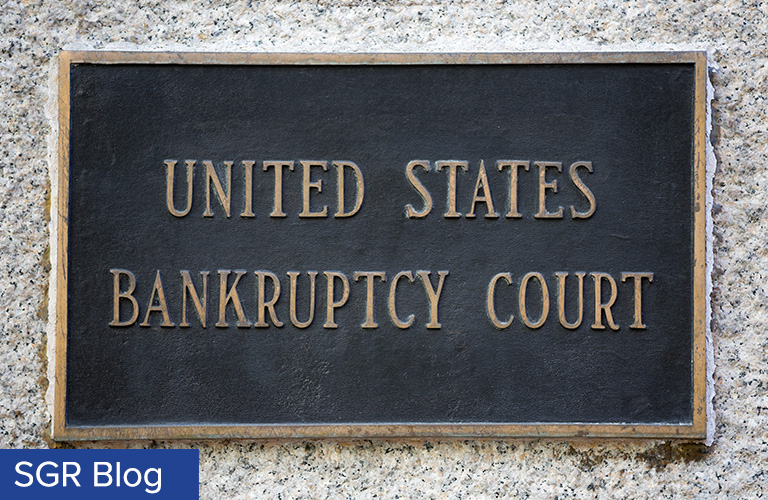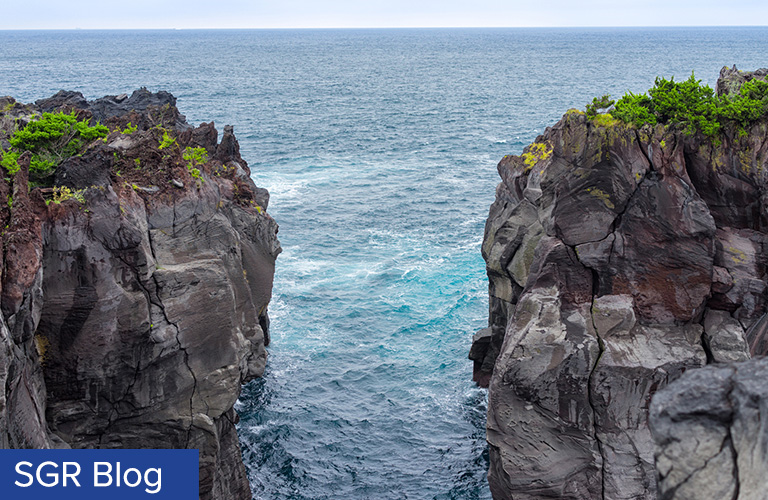
On May 23, 2022, the U.S. Supreme Court considered the question of waiver in a case governed by the Federal Arbitration Act (“FAA”) and held that a party can waive its right to arbitration irrespective of whether the other party suffered prejudice. Morgan v. Sundance, Inc., No. 21-328 Robyn Morgan worked as an hourly employee for Sundance, Inc., a Taco Bell franchisee that operated more than 150 Taco Bell restaurants. Morgan worked for Sundance’s Taco Bell restaurant in Osceola, Iowa. When she applied for that job, she signed an arbitration agreement in which she agreed to “use confidential binding arbitration,… Read more


